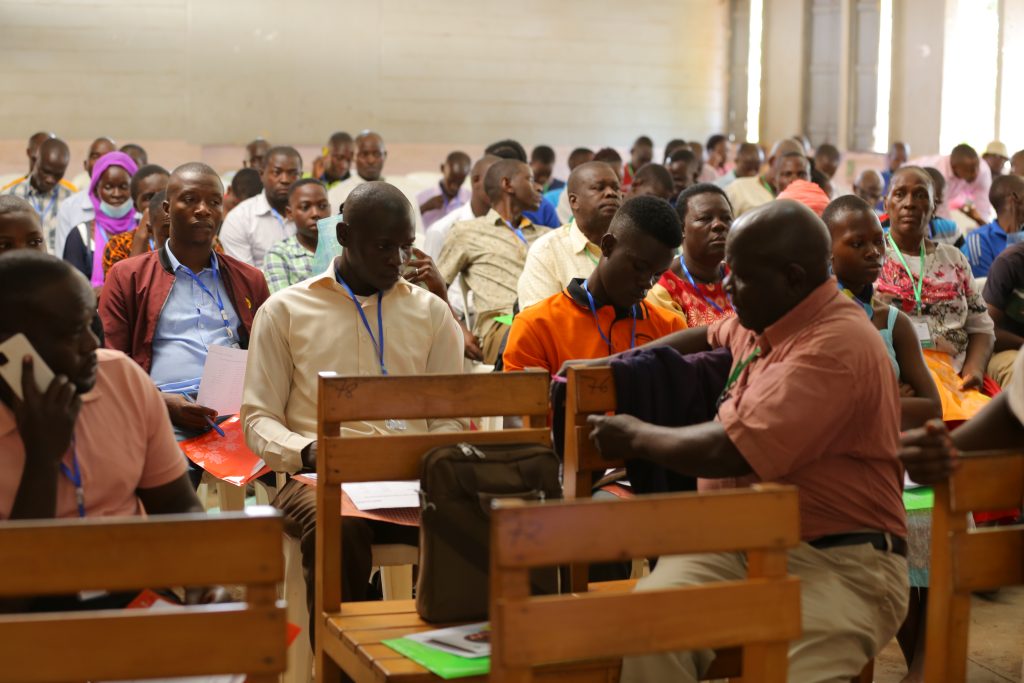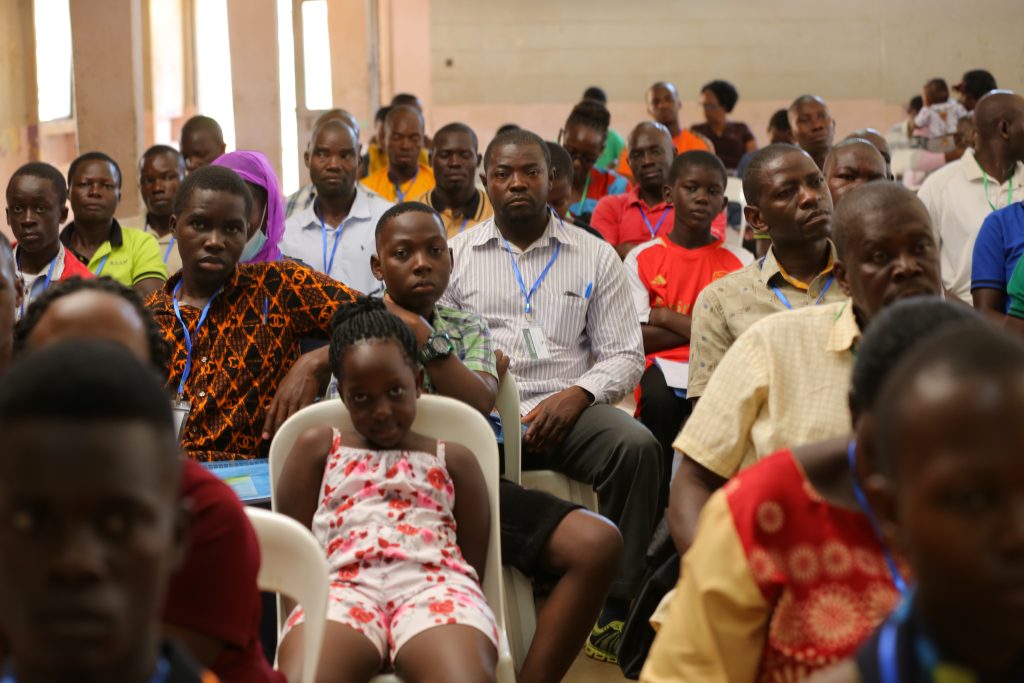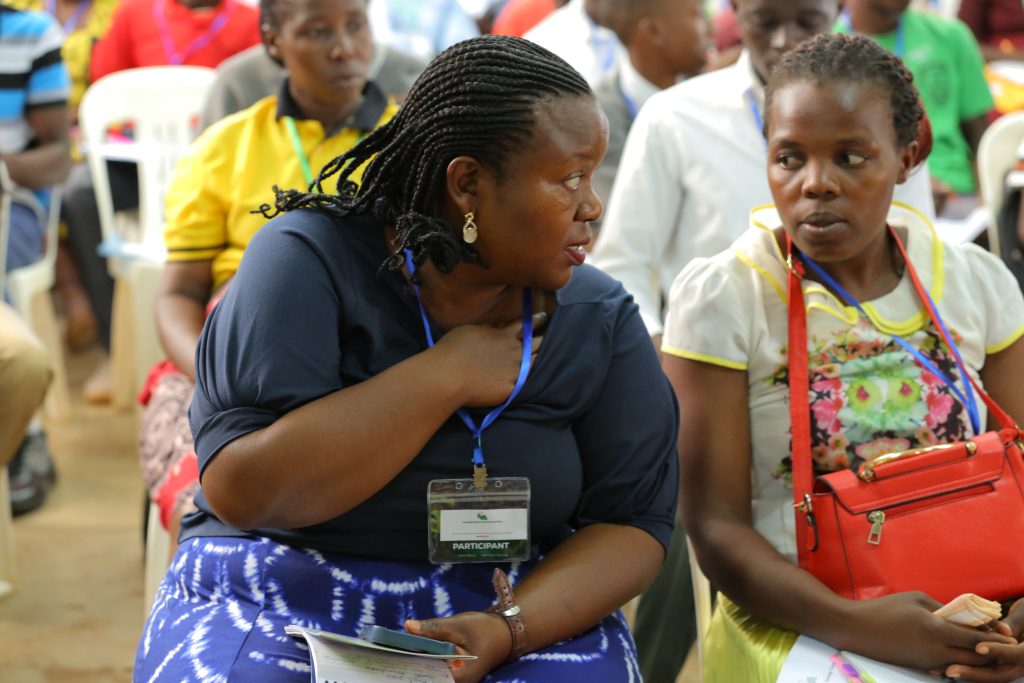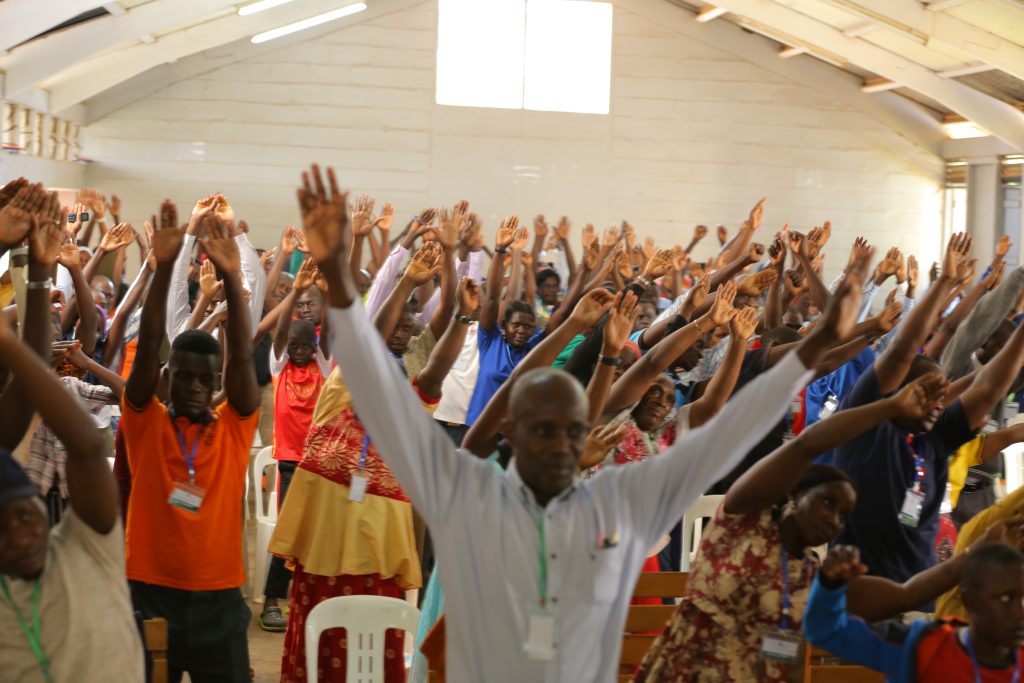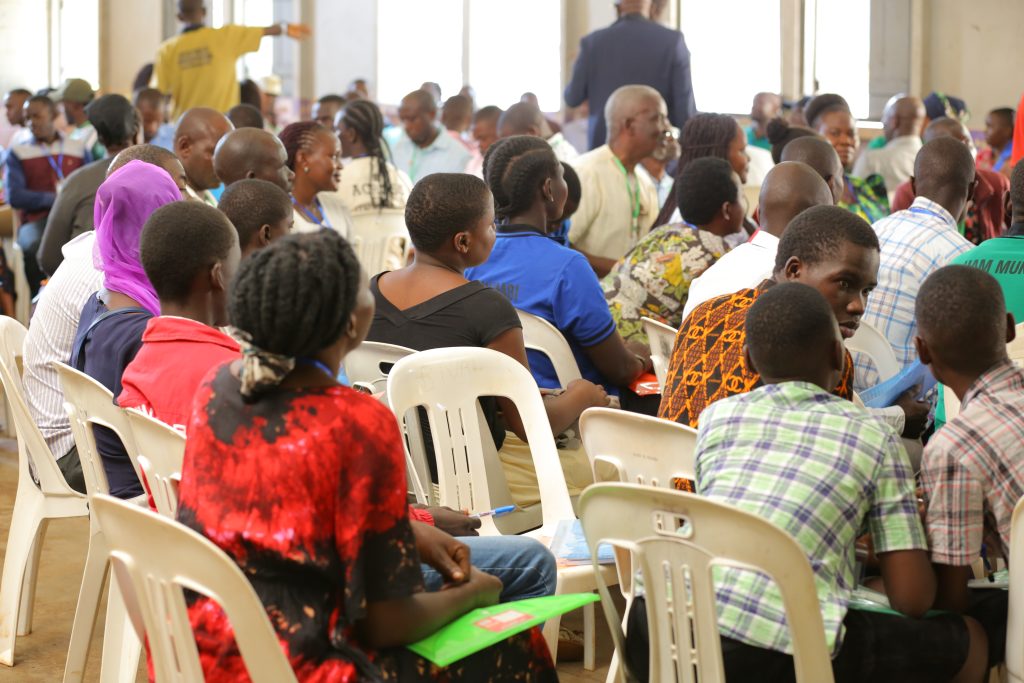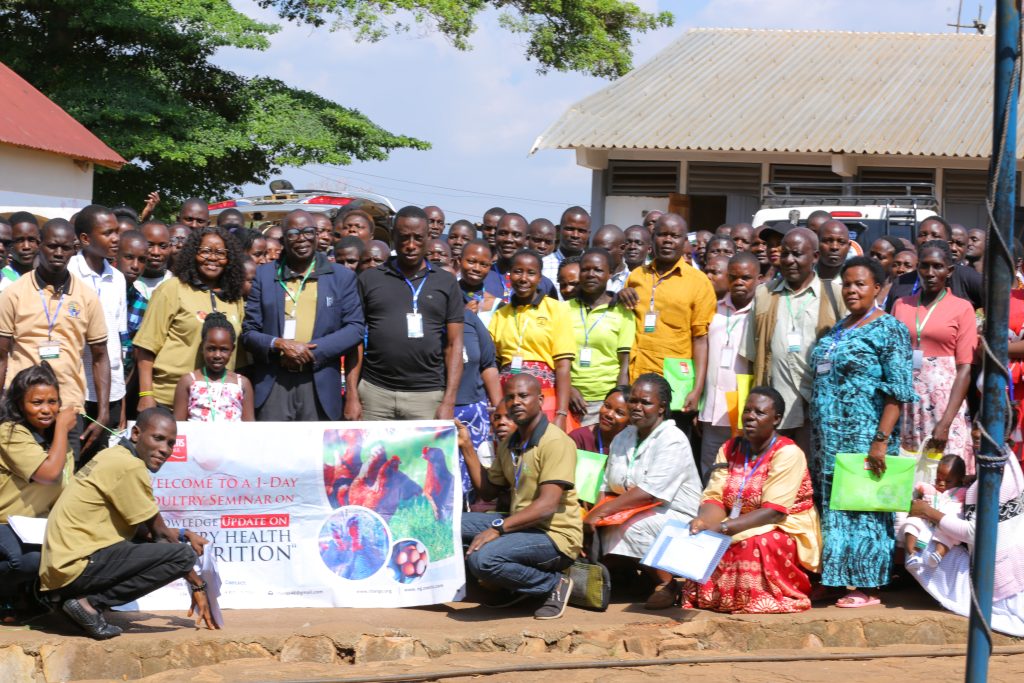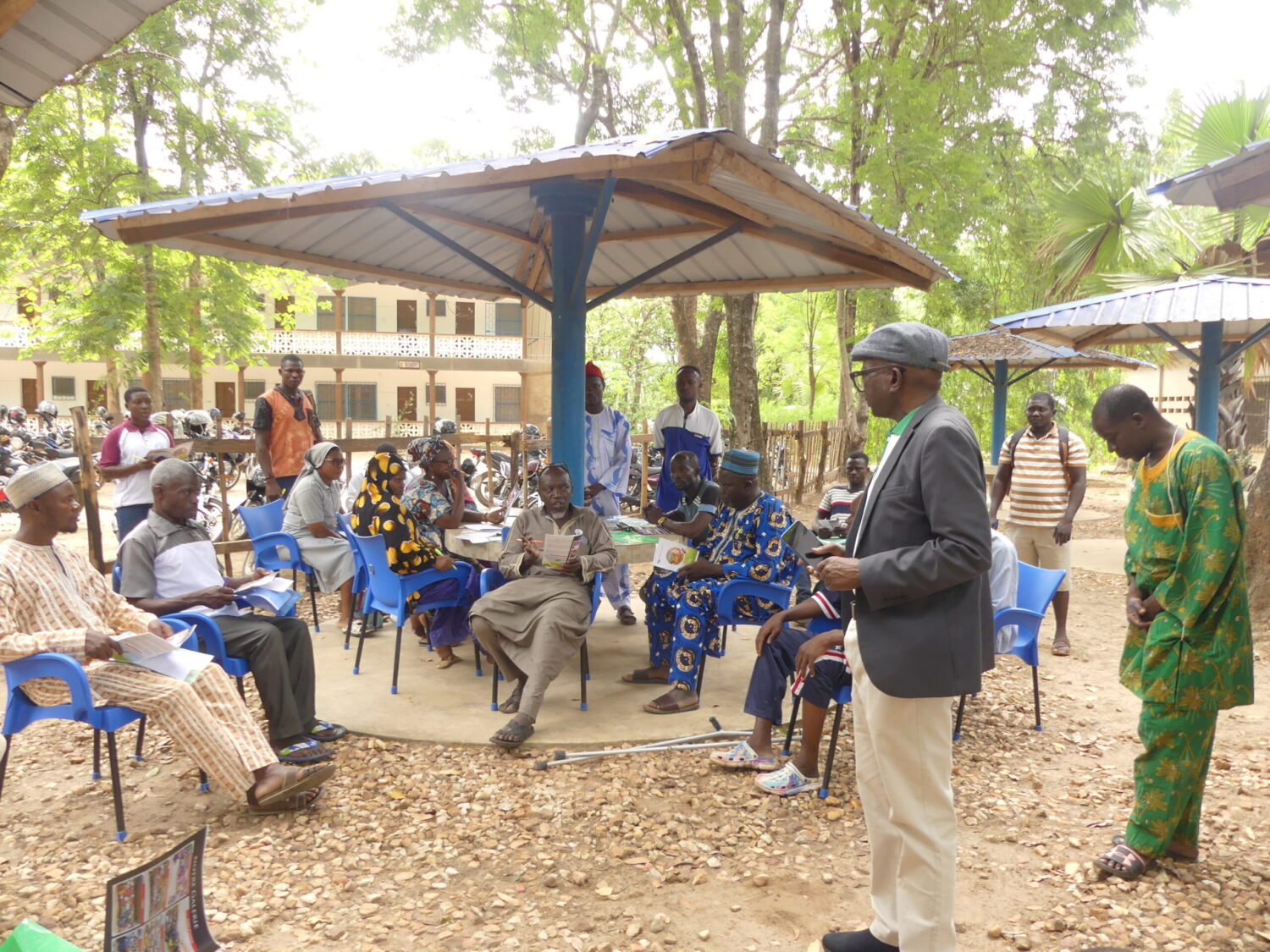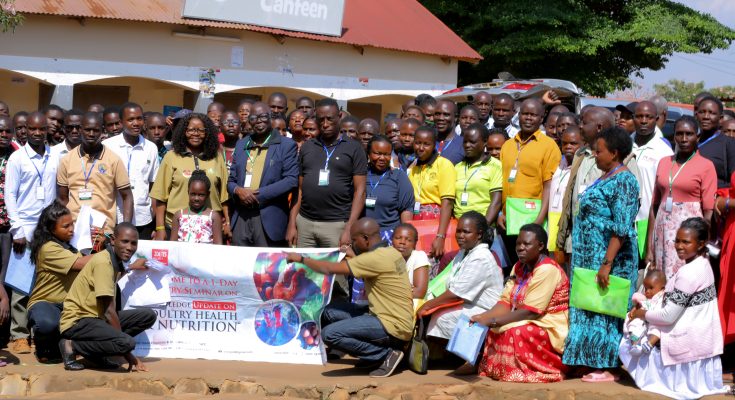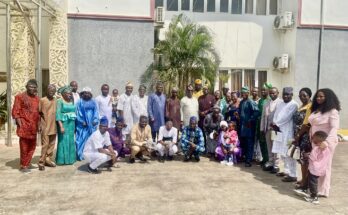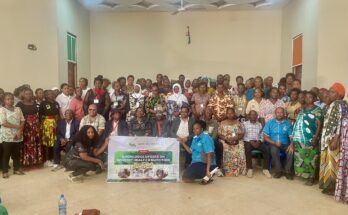The Uganda Knowledge Training Programme, supported by the Zoetis Foundation, is set to empower livestock farmers with transformative knowledge and skills. This groundbreaking initiative is designed to address challenges faced by farmers while promoting sustainable practices that boost productivity and resilience in Uganda’s agricultural sector.
The programme was held on the 27th and 29th August 2024 at the Red Rooster Restaurant, Entebbe and Bishops Mukono Secondary School respectively. Registration for participants begins at 9:00 AM at both locations. The event welcomes a diverse audience, including farmers, veterinarians, backyard farmers, animal scientists, agriculture students, and feed millers, to strengthen Uganda’s agricultural value chain.
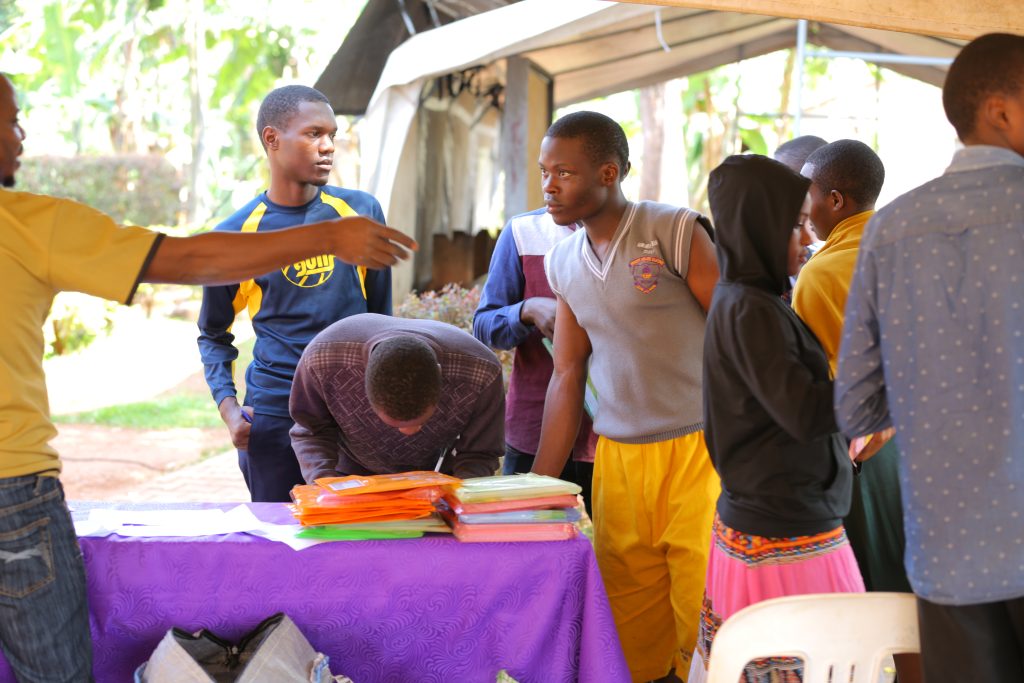
Tailored to meet the needs of participants, the training focus on:
- Advanced breeding techniques
- Livestock health management
- Efficient feed formulation
- Sustainable farming practices
The programme provides a unique platform for networking with professionals and peers in the agricultural industry. Participants gain practical tools and techniques to address farming challenges while fostering innovation to enhance food security and drive economic growth.
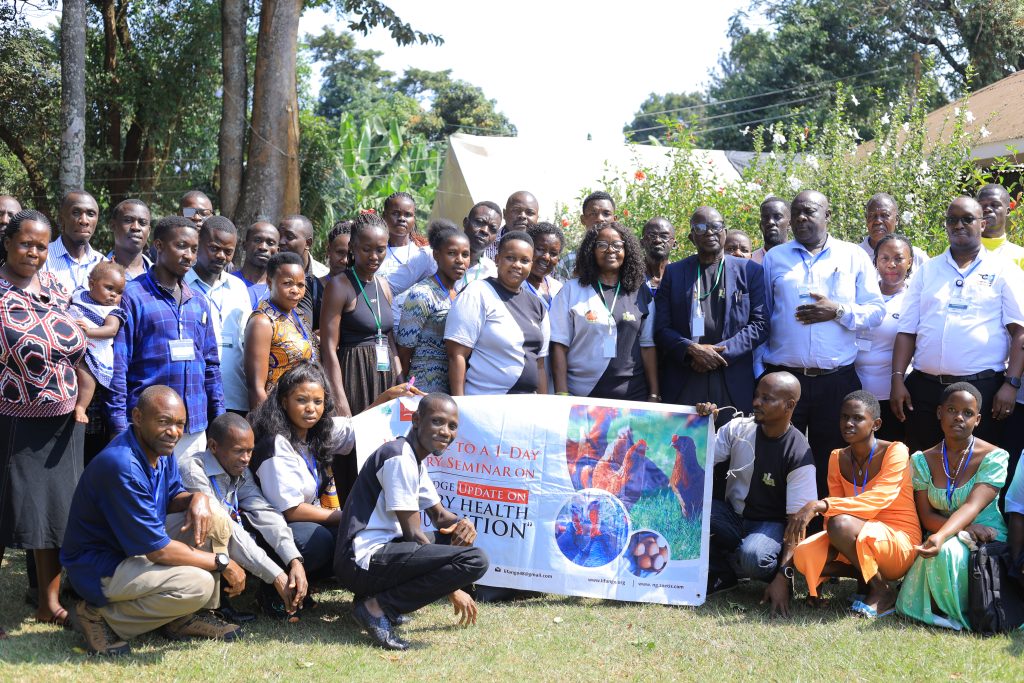
During the Uganda Knowledge Training Programme, key presentations include findings from the LIFA Poultry Health Conference, led by Dr. Patrick Were and Dr. Stephen Adejoro.
Dr. Patrick Were: Managing Poultry Diseases
Dr. Patrick Were’s presentation provided actionable insights into identifying and managing poultry diseases. The diseases were categorized into six groups based on their causes: viral, bacterial, fungal, parasitic, nutritional, and environmental or behavioral.
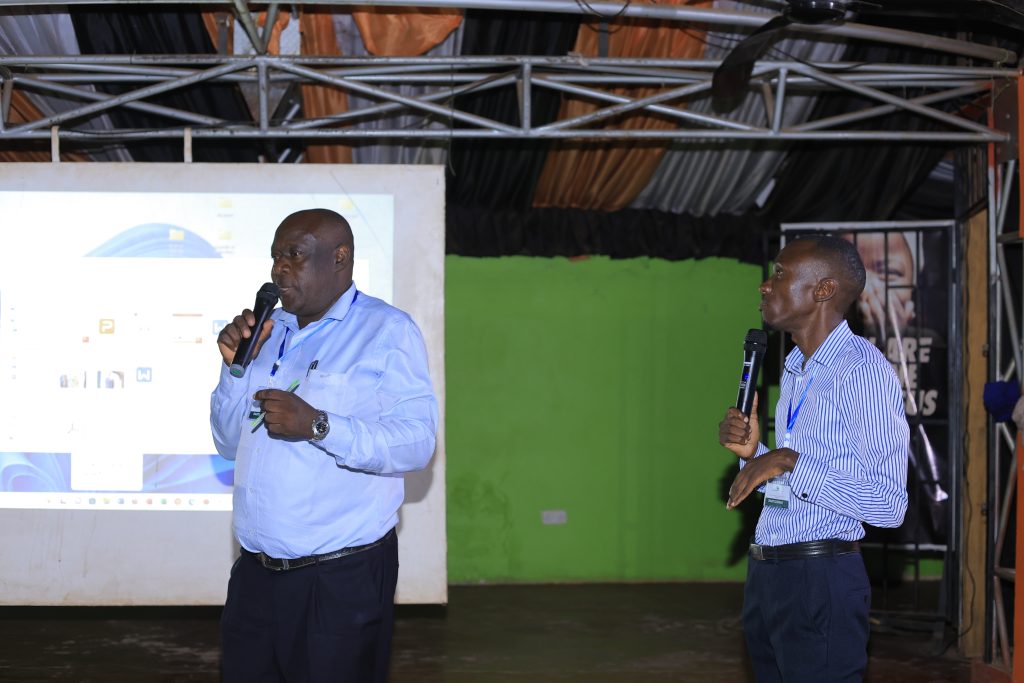
Key takeaways include:
- Common symptoms: Feather loss (beyond molting), abnormal droppings, swelling of the head or feet, and reduced egg production.
- Diagnosis strategy: A systematic approach involving symptom history, physical exams, differential diagnoses, and laboratory tests.
- Prevention: Biosecurity as the most cost-effective strategy, including farm access control, vehicle disinfection, and vaccination programs.
Dr. Were emphasized proactive measures to enhance poultry health and productivity, urging adherence to biosecurity practices.
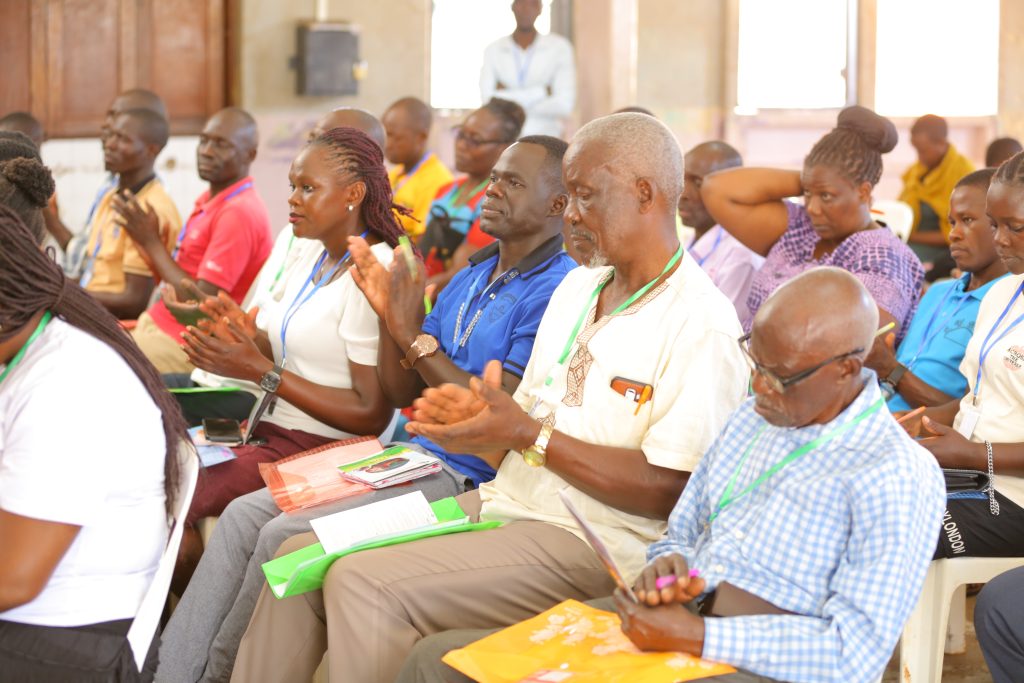
Dr. Stephen Adejoro: Impact of Climate Change on Poultry Production
Dr. Stephen Adejoro highlighted the impact of climate change on poultry health, focusing on the role of mycotoxins in feed contamination.
Key points include:
- Climate change effects: Reduced hatchability, vaccination failures, and production declines due to changing weather patterns.
- Mycotoxins: Toxic compounds in feed that compromise immune systems and disrupt vaccination efficacy.
- Solutions: Using aflatoxin-certified feed, incorporating toxin binders, and employing proper storage practices.

Dr. Adejoro strongly advocated for laboratory-based diagnoses to ensure precise and cost-effective interventions.
The Uganda Knowledge Training Programme is more than a training, it’s a movement toward building resilient and productive livestock systems. Join us to learn, network, and contribute to a thriving agricultural future in East Africa.
